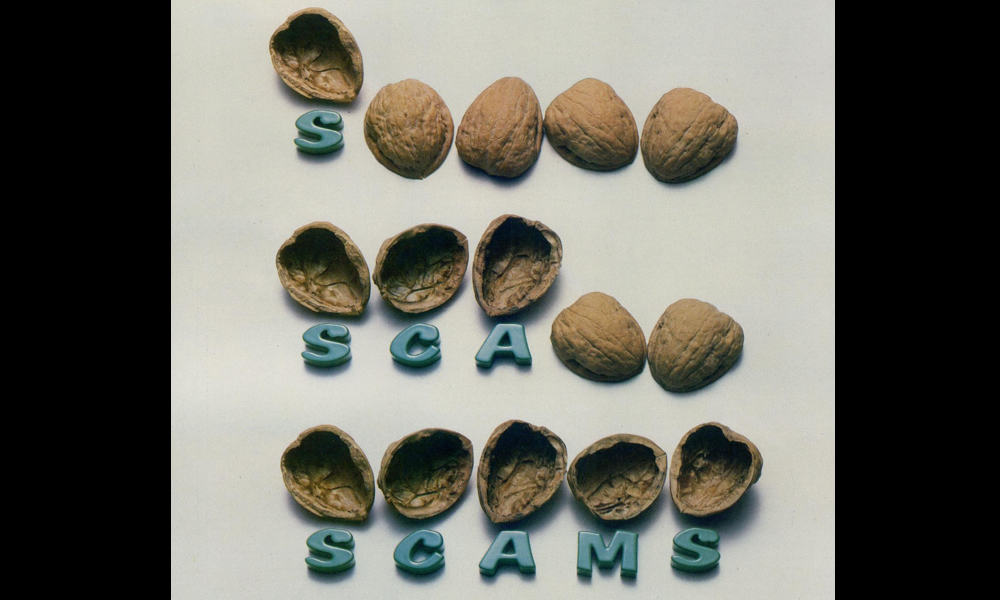From the July, 1979 edition of High Times comes Michael Chance’s fascinating story, “Scams: The Greatest Hustles, Cons and Rip-Offs of Modern History.”
The Western world loves nothing more than a great scam. Give them a simple thief and they will jail him for life. Give them a good con man and they will elevate him to the highest office, apotheosize him in the arts and literature, and throw fortunes at his feet. The victims of a scam may arouse our sympathy, but the perpetrators often elicit awe, envy and maybe a few books and a movie. Indeed, con artists, hucksters and magic beans have never had it so good.
The players and their marks are now so numerous that a language has followed in their wake. Such commonplace terms as rip-off, fix, and kickback were virtually unknown a generation ago. The word scam has only recently attained dictionary status and appears routinely in quotation marks in that most bottom line of language, the New York Times. Etymologists claim that this decade has been surprisingly barren in the generation of new words, but scam has arrived. It looks like it’s going to be even bigger than bustle. The scam is a way of life. A philosophy. Maybe even a political system.
The term rip-off derives from a popular scam of the mid ’60s. At that time kilos of Mexican marijuana were often sold in small, compressed “Texas bricks” that were each individually packaged in about two ounces of heavy wrapping paper. A rip-off dealer—and there were many, as this pot dominated the summer market for a good many years—would saw off a two-ounce corner of the brick, keeping the severed dope and bringing the total weight of the brick, including paper, to a kilo. You paid for …
Read More
Author: High Times / High Times





